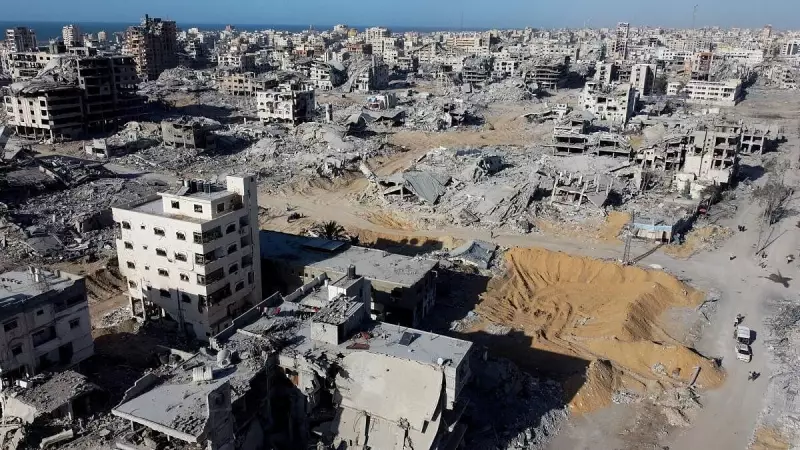
In a significant development that could reshape post-conflict planning for Gaza, multiple nations are expressing strong reluctance to contribute troops to any potential peacekeeping mission. The hesitation stems from deep-seated security concerns and Hamas's vehement opposition to foreign military presence in the territory.
The Security Dilemma
Military analysts and government officials from several countries point to the complex security environment in Gaza as the primary reason for their caution. Hamas has explicitly stated it would consider any international force as an "occupying army", raising fears of renewed hostilities against peacekeepers.
One Western diplomat, speaking on condition of anonymity, revealed: "The risk assessment is extremely concerning. We're looking at a scenario where our troops could become targets rather than peacekeepers."
Hamas's Firm Stance
The Palestinian group has made its position unequivocally clear through various channels. Any international force deployed without Palestinian consent would face determined resistance, according to statements from Hamas leadership. This hardline position has effectively created a diplomatic impasse.
Regional experts note that Hamas views foreign troop deployment as a direct threat to its authority and influence in Gaza, making compromise on this issue particularly challenging.
Alternative Solutions Under Discussion
With traditional peacekeeping models facing rejection, international mediators are exploring several alternatives:
- A Palestinian-led security force with limited international oversight
- Regional Arab forces taking primary responsibility
- Technological surveillance solutions reducing the need for ground troops
- Gradual phased approaches to security transition
Broader Implications
The troop deployment stalemate has significant consequences for Gaza's future governance and reconstruction efforts. Without a credible security framework, donor nations remain hesitant to commit substantial reconstruction funds, fearing instability could undermine rebuilding efforts.
Meanwhile, the ongoing uncertainty continues to affect civilian populations in Gaza, where basic infrastructure remains devastated and humanitarian needs are acute.
As diplomatic efforts continue behind closed doors, the international community faces the challenging task of balancing security concerns with the urgent need for stability in the conflict-ridden territory.





